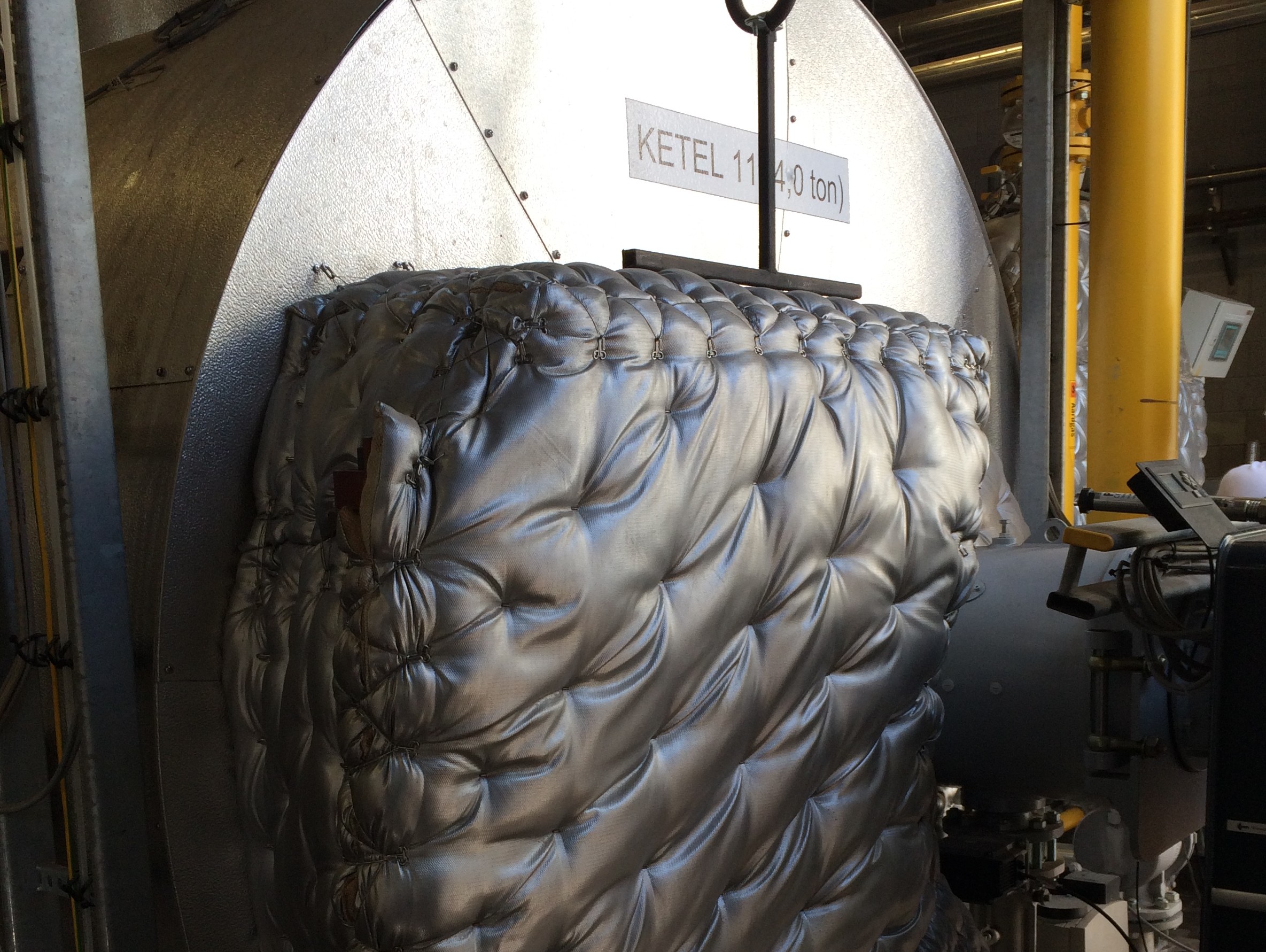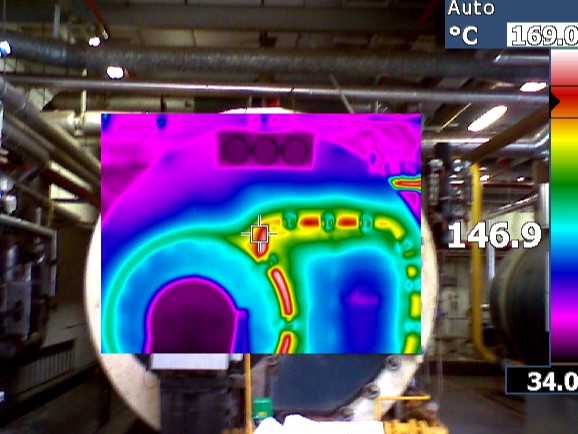
AAK Netherlands refines vegetable oils and fats for use in various types of foodstuffs. The company has already implemented a number of measures aimed at saving energy and is now focusing on insulation. Such improvements can result in considerable gains, especially in existing production facilities.
AAK Netherlands, based in the Dutch town of Zaandijk, is part of the Swedish/Danish multinational AAK. The Dutch subsidiary refines and bleaches vegetable oils and fats for use as semi-finished products by its customers, who include major food processing companies. The semi-finished products are utilised in all kinds of foodstuffs, from chocolate, biscuits and pizzas to baby food. Over the years the company has implemented countless energy-saving measures in the context of the Dutch Ministry of Economic Affairs’ (EZ) Multi-year Agreements on Energy Efficiency (MJA).
Investment
In 2010 the company replaced the steam injectors, which are used to clean and filter the crude oil, with electrical pumps. In doing so it was able to make use of the Energy Investment Deduction (EIA), a tax allowance facilitated by EZ to stimulate investment in energy-efficient techniques and sustainable energy. Following the replacement, steam is now only used to clean filters and in a few other minor processes. This has reduced the pressure needed to 6 bar. In 2013 AAK replaced the boiler house with two smaller boilers.
Improved insulation
In the next step, the company is now focusing on relatively small changes which can nevertheless generate significant savings, such as insulation. “Pipe insulation is commonplace within companies like ours,” says Piet Mul, Manager of the Maintenance Department at AAK. “But that doesn’t always mean that the insulation is 100 percent sufficient everywhere, and especially not in our factory which dates from the early twentieth century. Nowadays new pipes can be supplied with insulation as standard, but that wasn’t the case back then.”
Wear and tear
Fire- and moisture-proofing, long-term exposure to oils and resistance to solvents can all reduce the effectiveness of insulation materials. Mul: “Insulation can suffer wear and tear or can even be destroyed, such as due to a leak or if someone treads on a pipe by accident. It has also been known for pipes, systems or parts to be replaced without being re-insulated. And in our facility there are even a few areas where the old pipes are still in place, and they have never been insulated. That’s why it’s important that we carry out a full annual check to find out what’s still effective and what isn’t.”
Thermal cameras
AAK has recently started using thermal imaging cameras to check the pipes. Mul: “Those cameras have made a huge difference because they reveal any gaps in the insulation at a glance. A member of the Maintenance Department walks around with the thermal camera and then uses a regular camera to take a photo of any places where the insulation is old or ineffective. That photo is sent to a technician who then knows exactly where new insulation material or a new pipe has to be installed.”
Cost savings
For Mul, investing in insulation makes perfect sense: “Such small measures quickly pay for themselves. In 2014 we achieved energy savings of close to 5 percent compared to 2013, and we’re expecting a similar figure for 2015 – and all with relatively minor adjustments, within which insulation was the largest change. We’re now evaluating whether we can save even more energy by insulating the filter covers and through heat-recovery initiatives. In the near future we also intend to explore the opportunities for LED lighting.”
Multi-year Agreements on Energy Efficiency
AAK is a long-standing participant in the Multi-year Agreements on Energy Efficiency (MJA), which are agreements between the Dutch government and companies, institutions and local authorities. The Netherlands Enterprise Agency (RVO.nl) facilitates the agreements, stimulates company participation and monitors the results. Marrius Dedden, Advisor at RVO.nl: “With the MJA, the Dutch Ministry of Economic Affairs stimulates more effective and more efficient use of energy. That will contribute to a 20 percent reduction in CO₂ emissions by 2020 and to achieving the energy-saving goals in the Energy Agreement.” AAK considers this important too, as Mul explains: “We organise a brainstorming session with all our production employees once a year in order to come up with new and smart energy-saving ideas. The session always produces countless new suggestions which we set about exploring with the utmost energy and enthusiasm.”

Chances for innovation and entry into new markets – those are the key advantages of sustainability for Dutch companies. The result: economic growth, environmental benefits and a more sustainable approach to doing business. The Dutch government provides support to hundreds of companies every day in terms of financing, knowledge and partnerships, and the Netherlands Enterprise Agency is the first point of contact for all those organisations. The agency also advises policymakers on possible improvements to legislation and regulations.
www.rvo.nl/duurzaamondernemen
'A thermal imaging camera reveals any gaps in the insulation at a glance'
Source: RVO